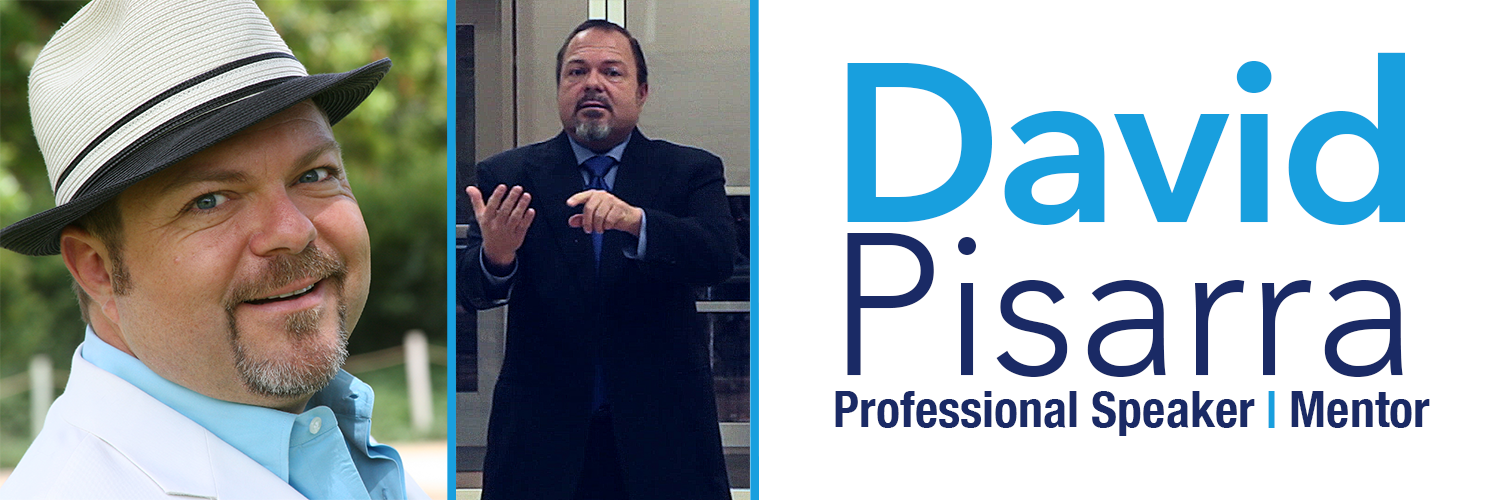Podcasting – From Podcaster to Published Author
In my column for Podertainment, the online magazine for podcasters, by podcasters, I help podcasters learn how to maximize their efforts by cross promoting, cross merchandising and repacking their content into new forms. One of the most popular ways to repackage content, and use that content calendar, is to develop a book from your podcasts. The calendar can oftentimes be the basis, if not the outright final version, of the outline for a podcaster’s first book.
Podcaster to Author:
From Content Calendar to Published Book
The question most podcasters are asked at some point is, “When are you writing a book?” Truthfully it seems like a totally normal thing to do, after all when you’ve spent a great deal of time talking about a subject you have more knowledge than most, and it makes sense to put it down on paper and share it that way.
“Write a book” is easier said than done for the first time author who knows how to podcast, but has never written a book. The cold stare of a blank page can cause writer’s block, and often that’s enough to stop an otherwise good project from getting started, let alone finished.
But there’s hope, and if you’ve been using a content calendar like I recommend, you’ve already taken the first few steps in writing your book. When you are passionate about a topic, it can be hard to write those first words, because you know your topic so completely. But to a newcomer they need information broken down into manageable bite sized pieces – hence the beauty of a podcast. Once you’ve developed your podcast content calendar you now have what should be a good outline for a printed version of your podcast.
When I was first developing the Men’s Family Law podcast, I was scared, confused, and unsure of myself. I had no idea what I was going to talk about, who my guests would be and sure that I couldn’t full a half our show by myself. After a couple of hours of fumbling around with ideas, inspiration struck and I realized that I had a secret weapon. I had already written a book, A Man’s Guide To Divorce Strategy. My book laid out the process from the basics to some extreme strategy plans, and the chapter headings, could be used as topics for podcast episodes.
Each podcast episode could be paired with an expert which meant that I could share the heavy lifting of covering a topic and suddenly a half hour show was barely long enough and 45 minute shows seemed like a possibility. The beauty of having guests is that they bring additional insights into the topic and they expand your credibility. but they also are giving you the research you might want to get your book written.
I know that when I have a guest on the Men’s Family Law podcast. I learn more about the show topic. That is also now information that I can add in to my book. The big gift of guests is they are potential co-authors for books, or at a minimum contributors.
So as you create a content calendar and breakout your topic and create your guest list, you’re also creating the outline for your book. The process allows the new or the experienced podcaster to recycle their message and find another way to share it. And the greatest part of this is that you can have bonus material in your book, which you will be marketing on your podcast so that you can maximize the opportunities to share your message and build your audience engagement and devotion to you as the expert in your field.
If you choose to co-write with your guests they can contribute written materials that support their topics, while you act as the editor and compiler. This is one way to create a book, and have other people contribute 80-90 percent of the writing. This reduces your workload while you are seen as the author and expert in your field. The ‘co-author model’ worked well for Jack Canfield and his Chicken Soup for the Soul series.
Another way to repackage your podcast material is by having episodes transcribed and then curate them into subtopics. For the Men’s Family Law podcast I could have all the psychological episodes transcribed, compiled and put together as a Section and all the Legal Procedure in another section.
The beauty of podcasting is that there is a large amount of content produced and all you have to do is cut away the parts that do not fit belong in your book. You can produce a series of books based on your podcast by publishing the follow types of books: “Introduction to..”, “Going Deep on…”, “The Expert’s Guide to…” and finally the “Everything you need to know about….”
The benefit of having a podcast is that you have a built in advertising/marketing vehicle that you’re already paying for, or hopefully you have sponsors and advertisers and the production costs are covered so you can promote your book for free!
Being able to say you are an author and a podcaster adds to your credibility, and your revenue. Writing a book is not nearly as hard as it seems when you have a podcast to gather information from and guests to help you.
If you have questions or comments please feel free to email me at david@pisarra.com.
